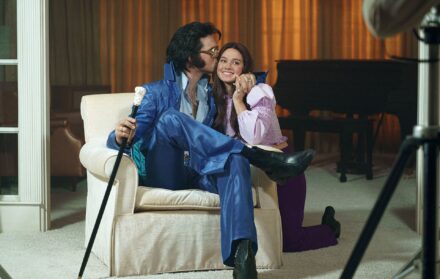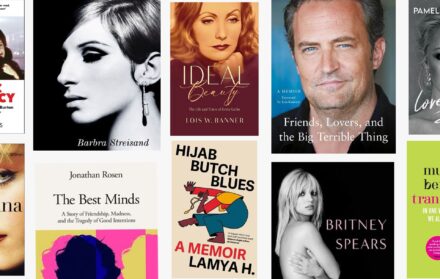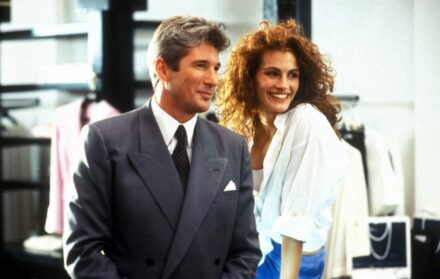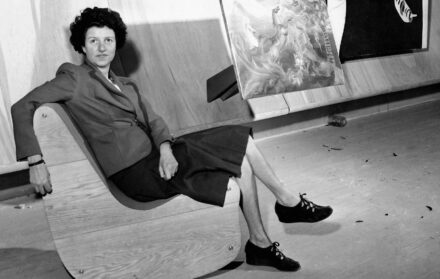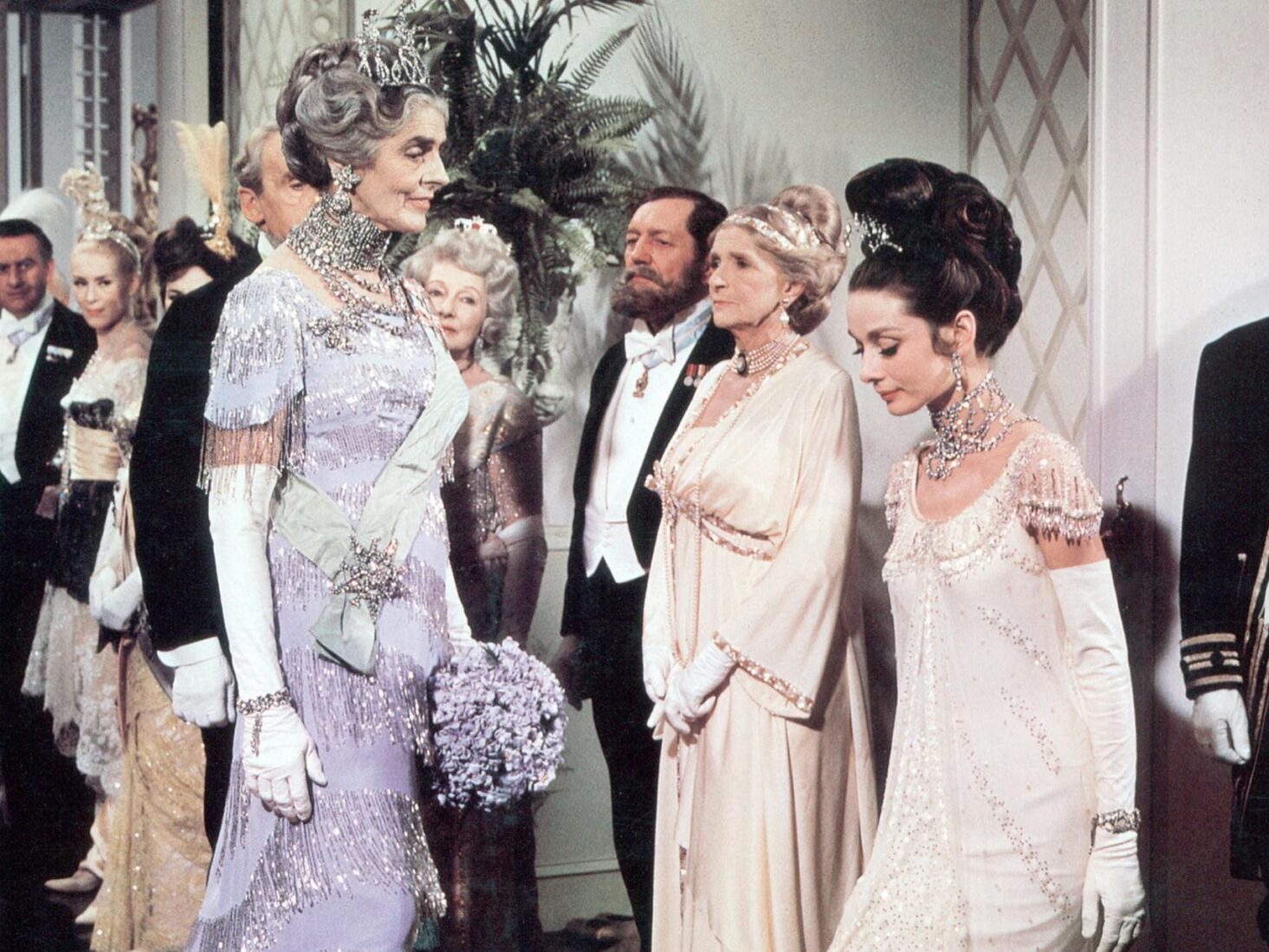
A Debrett’s Guide To Etiquette For The 21st Century
As Debrett’s marks its 250th anniversary, associate director Lucy Hume explains how the etiquette expert is striving to find a place in the 21st century
How ‘U’ are you? If you have no idea what I’m talking about, then probably not very. In 1954, Professor Alan Ross of Birmingham University coined the terms U and non-U in a bid to distinguish those who truly belonged in the upper class (U) and those who did not (non-U). The distinction, he argued, was all to do with language. English author Nancy Mitford championed this theory in a tongue-in-cheek essay entitled The English Aristocracy, which was published in 1956.
“The Professor, pointing out that it is solely by their language that the upper classes nowadays are distinguished (since they are neither cleaner, richer, nor better-educated than anybody else), has invented a useful formula,” she wrote in Encounter magazine.
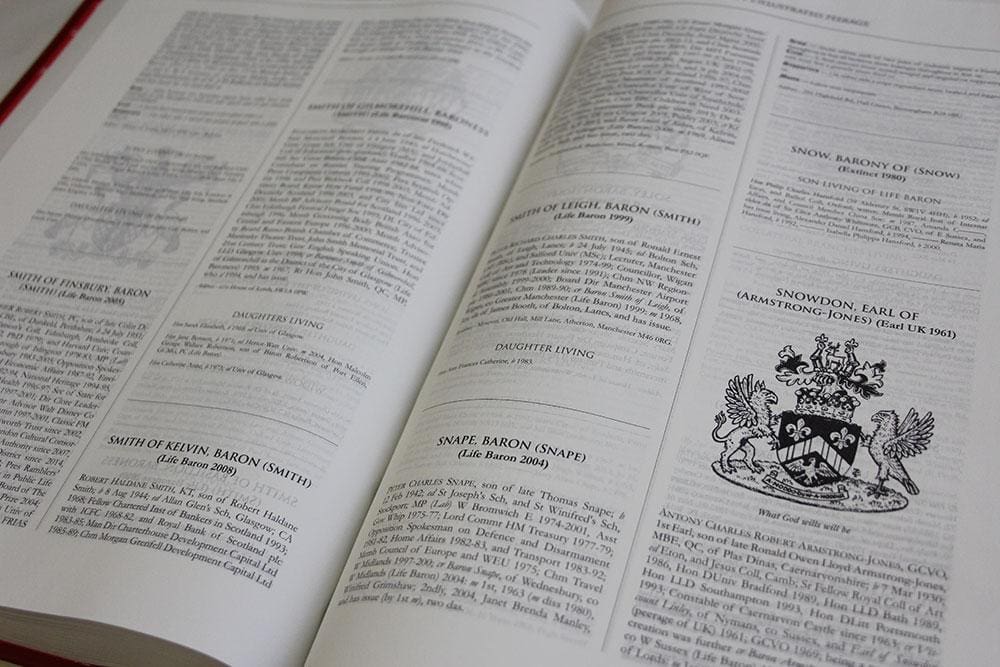
The differences are, it turns out, simple but significant: do you eat greens (non-U) or vegetables (U)? Do you reside in a home (non-U) or a house (U)? Mitford threw her own ideas into the ring, with sweet (non-U) and pudding (U), and dentures (non-U) and false teeth (U). “This, and glasses for spectacles, almost amount to non-U indicators,” she added.
Ross argued that a non-U speaker could never become a U-speaker, because “one word or phrase will suffice to brand an apparent U-speaker as originally non-U (for U-speakers themselves never make mistakes)”. But for Mitford the issue transcended language; being U, she said, is all in attitude.
Enter Debrett’s: for 250 years, the etiquette expert has been the world’s go-to for U rites of passage. Founded in 1769 with the publication of aristocrat directory The New Peerage (later renamed Peerage & Baronetage), the publishing house was transformed into a pioneer of etiquette after requests from readers flooded in about the best way to greet, address and write to barons and peers.
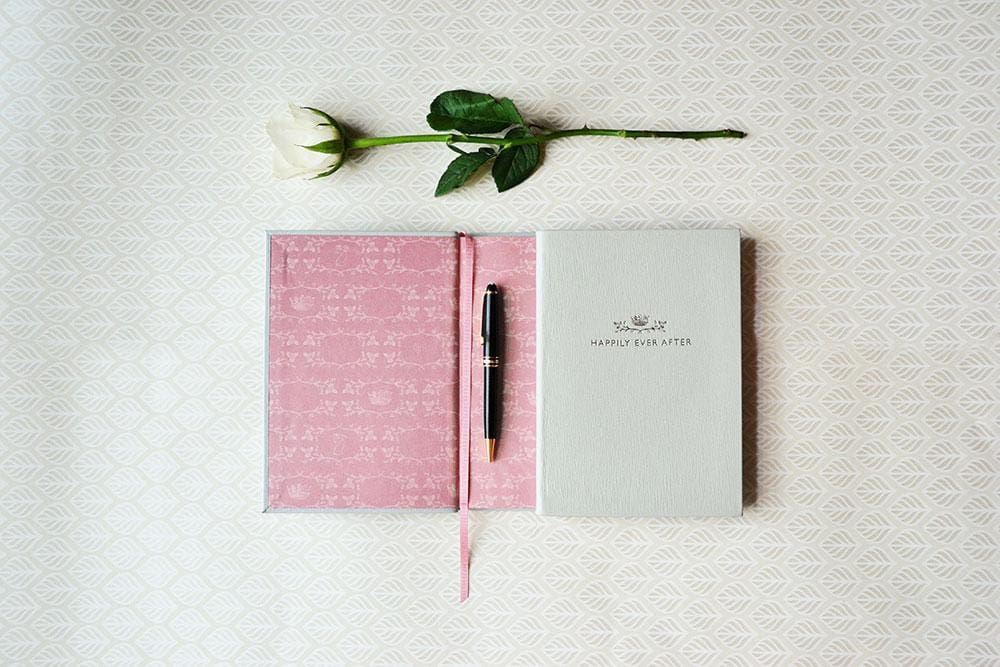
Today, Peerage & Baronetage is published every four years (the latest edition is the final version to be available in print) and the company’s modern take on decorum is, sadly for Mitford, less elitist. When Joanna Milner took over as chief executive in 2012 (she left in 2017), she joked that it was like taking on a “250-year-old start-up”. Debrett’s has fought hard to stay relevant in the 21st century but its font of knowledge on all things couth, associate director Lucy Hume argues, is still widely applicable – even if it is dressed up slightly differently today.
“Much of the etiquette included in our books comes from traditions that have been passed down through many generations and adapted to fit in with modern times,” says Hume. “Some things have obviously fallen by the wayside, but many can still be applied today; advice that we would have published 100 years ago about attending a ball or a social season, for example, can be adapted to fit social networking events today.”
The brand offers a series of manuals for minding your P’s and Q’s, ranging from wedding etiquette (Debrett’s Wedding Handbook) to online customs (Guide to Netiquette). In the A-Z of Modern Manners, the jocular advice spans aeroplane decorum, carving avocados and avoiding tailoring faux pas. On balding: “Accept it. What’s left should be cut very short or shaved. Never be tempted by a comb-over”. On hangovers: “Hangovers are generally self-inflicted, so you should approach the day after an evening’s overindulgence with stoicism, and keep your misery to yourself”. On aftershave: “Use aftershave discriminately; people don’t want to be able to smell you before they see you”.

The core of Debrett’s modern-day business lies in its training academy. Launched in 2012, the school provides courses for both professional and personal needs. There are lessons on public speaking, corporate dining and dress codes – plus a two-day Quintessentially British course covering everything from afternoon tea to navigating the social season.
Hume argues that etiquette and soft skills (business jargon for the personal attributes sought by employers) are becoming increasingly important and, in many cases, essential. “A lot of what we teach evolves rapidly year-on-year because the need for etiquette and soft skills is constantly relevant,” she says. “We’re not talking about posture and deportment, but how to conduct a meeting, how to meet and greet somebody or what’s appropriate if you’re doing business in a foreign country.
“Smart phones and social media are relinquishing some of the face-to-face interpersonal skills that we may have had to develop in the past. We know that 85 per cent of job success is attributed to soft skills as opposed to technical skills, so etiquette is still relevant; it’s just evolving at the same time.”
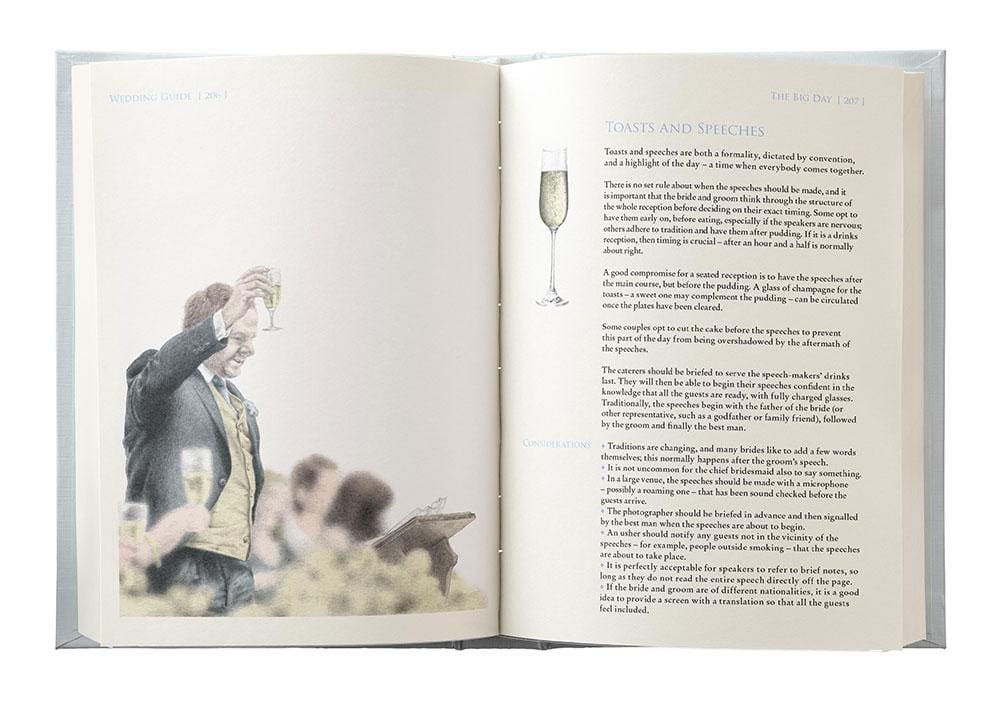
While the concept of etiquette might seem archaic to some, such guidelines do serve a useful purpose in the modern age. The desire to create a good first impression spans centuries – the only difference is today’s rules are less about curtseys and more about courtesy. “Debrett’s overarching objective is to foster a kind of culture of consideration,” Hume agrees. “What I have been increasingly aware of since I’ve worked for Debrett’s is the way in which we all present ourselves to other people, and the connection between etiquette and kindness. It’s not about rules and which knife to use for which food, it’s about encouraging people to be aware of others, and that can really boost their own confidence.”
Failing that, take heed of the A-Z of Modern Manners, which makes a simple plea for civility: “We need to preserve politeness as the vital ingredient in the cocktail of manners that makes our world a better place; somewhere where basic survival is finessed into a more subtle pleasure. So bring back the doffing of hats, bring back the polite boardroom, let’s have unisex chivalry.” Nancy Mitford would surely approve.
Tips from Debrett’s A-Z Of Modern Manners
Internet Dating
Use the best photograph you have: if the picture isn’t up to scratch, potential lovers won’t even bother reading the profile.
Online Manners
Don’t be an online bi***h: skulking behind the computer screen and dishing out poison… Always remember that going online is a way of enhancing your life, not a substitute for living.
Social Networking
Think carefully about the photos you post, both of yourself and others. Consider your friends’ feelings. Would they be happy for everyone to see the unflattering picture of them after their fourth tequila shot?
VPL
In this age of seam-free knickers and thongs, there’s really no excuse for a VPL. Choose appropriate underwear for your outfit and check in the mirror (front and back) before leaving the house.
Message Groups
If you wish to leave a group chat, let all the participants know beforehand rather than trying to sidle out discreetly.





